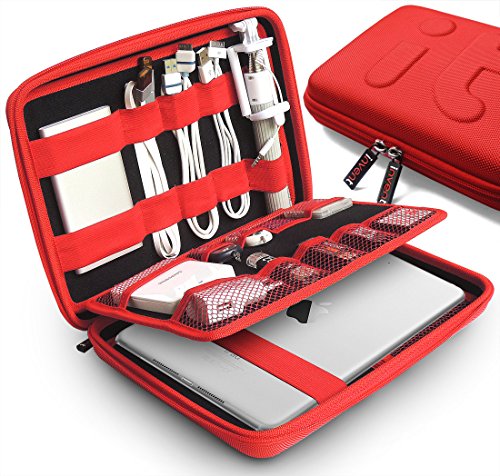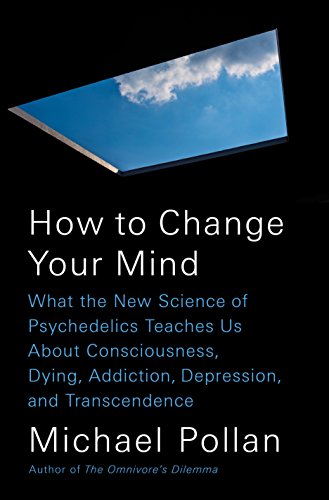How to Change Your Mind: What the New Science of Psychedelics Teaches Us About Consciousness, Dying, Addiction, Depression, and Transcendence
New York Times Book Review 10 Best Books of 2018 A New York Times Notable Book The #1 New York Times bestseller. A brilliant and brave investigation into the medical and scientific revolution taking place around psychedelic drugs–and the spellbinding story of his own life-changing psychedelic experiences When Michael Pollan set out to research how LSD and psilocybin
New York Times Book Review 10 Best Books of 2018
A New York Times Notable Book
The #1 New York Times bestseller.
A brilliant and brave investigation into the medical and scientific revolution taking place around psychedelic drugs–and the spellbinding story of his own life-changing psychedelic experiences
When Michael Pollan set out to research how LSD and psilocybin (the active ingredient in magic mushrooms) are being used to provide relief to people suffering from difficult-to-treat conditions such as depression, addiction and anxiety, he did not intend to write what is undoubtedly his most personal book. But upon discovering how these remarkable substances are improving the lives not only of the mentally ill but also of healthy people coming to grips with the challenges of everyday life, he decided to explore the landscape of the mind in the first person as well as the third. Thus began a singular adventure into various altered states of consciousness, along with a dive deep into both the latest brain science and the thriving underground community of psychedelic therapists. Pollan sifts the historical record to separate the truth about these mysterious drugs from the myths that have surrounded them since the 1960s, when a handful of psychedelic evangelists inadvertently catalyzed a powerful backlash against what was then a promising field of research.
A unique and elegant blend of science, memoir, travel writing, history, and medicine, How to Change Your Mind is a triumph of participatory journalism. By turns dazzling and edifying, it is the gripping account of a journey to an exciting and unexpected new frontier in our understanding of the mind, the self, and our place in the world. The true subject of Pollan’s “mental travelogue” is not just psychedelic drugs but also the eternal puzzle of human consciousness and how, in a world that offers us both suffering and joy, we can do our best to be fully present and find meaning in our lives.An Amazon Best Book of May 2018: Michael Pollan, whose curiosity about our eating habits led to thoughtful, culturally transformative writing in The Omnivore’s Dilemma and, most recently, Food Rules, here explores the potential psilocybin and other psychedelics hold for transformation of the spiritual and emotional kind. As he tells it in How to Change Your Mind, a fascinating, sometimes moving look at the history and uses of psychoactive compounds, Pollan avoided such drugs in his youth, but later in life became intrigued by the opportunity “to become more ‘open’—especially at this age, when the grooves of mental habit have been etched so deep as to seem inescapable.” And then there was the chance of experiencing a spiritual epiphany—“touching the face of God,” as one ecstatic user put it. Pollan’s natural skepticism and wry humor is a good match for the detailed accounts he includes of mind-blowing, trip-induced revelations. Ultimately, whether such experiences lead to genuine insight into, say, the origins of the universe or what we can expect after death seems less interesting to Pollan than the hope psychedelics offer people suffering from depression, addiction, and acute illness. Can magic mushrooms be used more broadly for “the betterment of well people”? Readers who begin reading Pollan’s book feeling doubtful about the responsible use of psychedelics may find their own minds changed by his engaging, enlightened, and persuasive combination of personal and journalistic research. “I felt as if I were standing on the edge of a wide-open frontier, squinting to make out something wondrous,” he writes, and with him as our guide, so do we. —Sarah Harrison Smith, Amazon Book Review







Comments